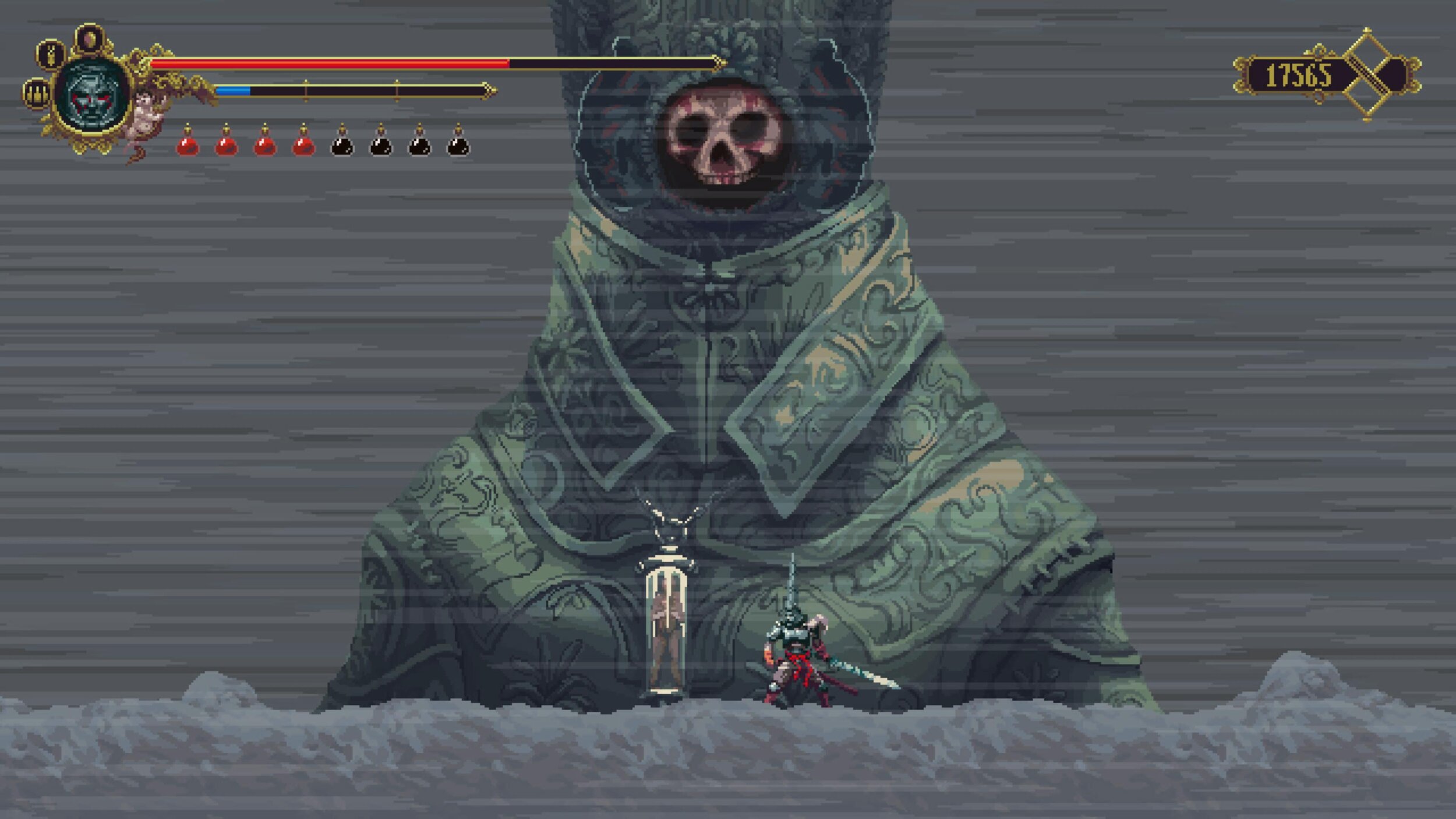“But, above all, go to the practical people... Go jangle their door-bells! Say that you do no work and that you will live forever!”
Playing With the Real
We present our theory of video game criticism [a draft version- out of date winter ‘23] , based on the Neo-Thomistic realism of Jacques Maritain and Reginald Garrigou-Lagrange.
We defend a hylomorphic metaphysical realism. We explain how being is known. Finally, we relay Maritain’s 20th century Thomist aesthetics.
In poetic contemplation, he says, the knower garners knowledge of subjectivity as such. He does not apprehend intelligible content drawn from a thing to the exclusion of its material existence, as in abstract philosophical and scientific contemplation. Instead, he becomes the known object insofar as the the artwork directly actuates his sense faculties, conveying intelligible content with its own concrete reality.
Games constitute the "most advanced phase of poetic depiction" for their hypertextuality. They demand the confluence of knower and known work to an unprecedented degree. The player cannot merely encounter the artwork in the concrete and observe it from without. He must [intentionally] enter into it, adopt the identity of a represented character, exhibit the causality and relations of this character in a simulated, tangible world.




















